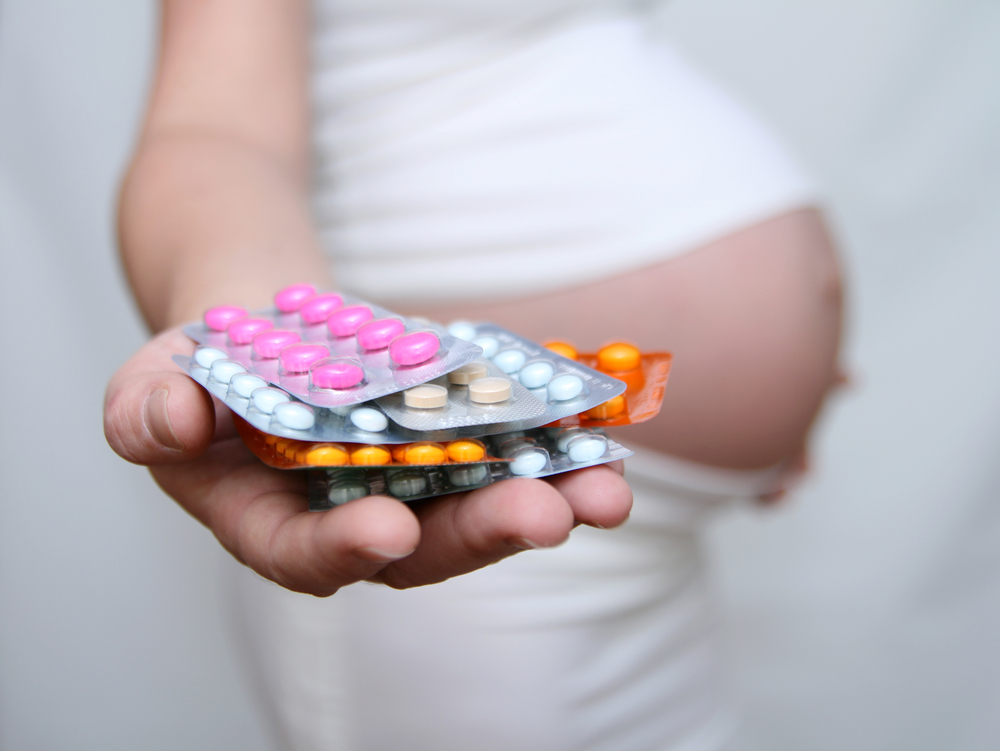Breaking
Some SSRIs may raise birth defects risk when taken early in pregnancy: Study
TORONTO — A large new study by U.S. and Canadian researchers suggests the use of some anti-depressant drugs early in pregnancy may be linked to an increased risk of birth defects in the child.
But the researchers say the overall risk is low and needs to be weighed against the woman’s mental health needs.
A number of studies have looked at whether it is safe for women to take selective serotonin re-uptake inhibitors, or SSRIs, during pregnancy, particularly during the first trimester.
But the trials have been inconclusive, creating confusion.
This new study, published Thursday in the British journal BMJ, suggests specific SSRIs seemed to be associated with an increased risk of some birth defects.
But like other studies on the question, it was not designed in a way that would allow the researchers to say the drugs cause the birth defects, only that they may be associated with an increased number of birth defects in the offspring of the women who took them.
One of the authors of the study is Dr. Jan Friedman, a professor of medical genetics at the University of British Columbia. In an interview, he suggested it is important to keep the findings in context.
“We talk a lot about the fact that there are all these studies and they don’t agree. The fact is they do agree, in the big picture,” said Friedman.
“There’s none of them that suggests that these are really dangerous drugs. We’re not talking about thalidomide. We’re not talking about fetal alcohol syndrome. We’re not talking about things that have that kind of risk.”
The researchers combined data from previously conducted studies and added to it by drawing on data from the U.S. National Birth Defects Prevention Study, a database maintained by the Centers for Disease Control and Prevention in Atlanta, Ga.
The additional data were made up of nearly 18,000 woman who gave birth to babies who had birth defects and nearly 10,000 women whose babies were born without birth defects between 1997 and 2009.
The researchers looked for evidence of elevated rates of 14 different birth defects in the offspring, then looked to see if the women had been using SSRIs during their first trimester of pregnancy.
Many of the associations reported by other studies were not seen in this one. For instance, there were no links seen between the drug sertraline (sold as Zoloft) and birth defects, even though other studies have shown the opposite.
The drugs paroxetine (Paxil) and fluoxetine (Prozac) did appear to be associated with higher rates of some birth defects related to the development of the fetus’s heart or stomach. Paroxetine also appeared to be linked to a higher risk of a condition called anencephaly, where the fetus’s brain does not fully develop.
But while the rates were elevated among women who took these two SSRIs, these birth defects were still very rare.
“If these associations are causal, the absolute risks in the children of women who are treated with paroxetine early in pregnancy would increase for anencephaly from two per 10,000 to seven per 10,000, and for right ventricular outflow tract obstruction cardiac defects from 10 per 10,000 to 24 per 10,000,” the study noted.
“The take-away for me is some of these risks with some of these drugs … are probably real, although quite small in an absolute sense,” Friedman said. “And that the risks are different with different drugs.”
Christina Chambers is an expert who specializes in birth defects caused by prenatal exposures. Chambers, who is the co-director of the Center for Promotion of Maternal Health and Infant Development at the University of California San Diego, was not involved in this study.
She said the work was well done, though she expressed surprise that no associations were found between Zoloft — the most commonly prescribed SSRI — and birth defects, given the previous studies.
Still, she agreed with Friedman on the overall message.
“So if your overall risk of having a baby with a birth defect is three per cent and you take (one of these drugs) at the right time, it might raise your risk to 3.01 per cent or something like that,” she said.






















